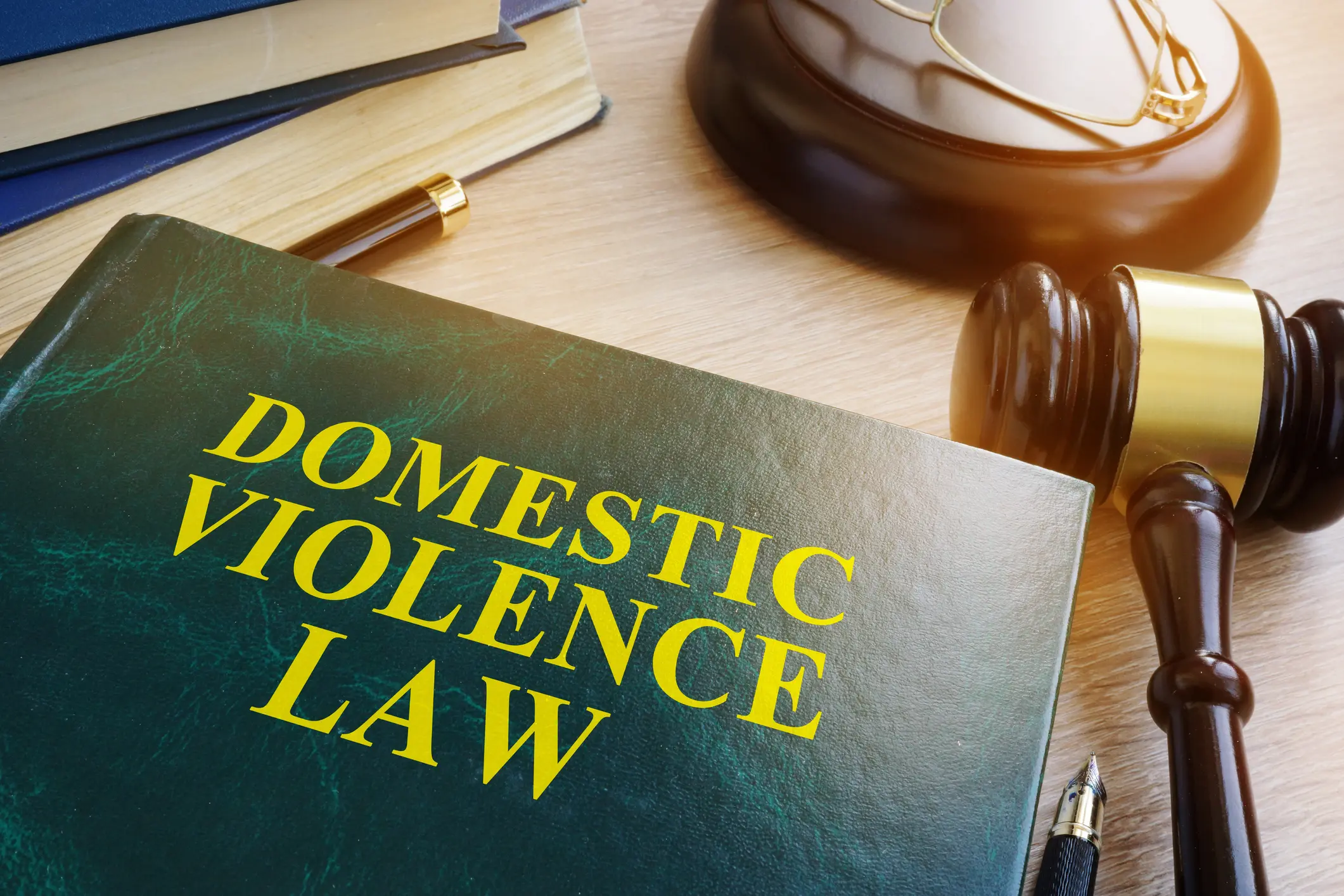Basics of Domestic Violence in Colorado
Colorado has stringent laws in place to address the issue of domestic violence. This short guide aims to help you understand the domestic violence laws specific to Colorado, from what constitutes a charge to how it can impact various aspects of your life, including your military career and your right to bear arms.
Visit our Domestic Violence Law services for legal advice tailored to your situation.
What is considered a “domestic violence” charge?
In Colorado, domestic violence, (commonly shortened to “D.V.”) is defined as an act or threatened act of violence against a person with whom the offender is involved in an intimate relationship. Additionally, domestic violence includes any other crime or municipal ordinance violation against a person or property when used as a method of coercion, control, punishment, intimidation, or revenge directed against a person with whom the offender is involved in an intimate relationship.
Definition of “Intimate Partners”
An “intimate partner” in Colorado law encompasses current or former spouses, current or former unmarried couples, or parents of the same child. The scope of this definition is broad, making many relationships susceptible to domestic violence charges.
For more information on what constitutes an intimate relationship.
Domestic Violence as an Aggravator
In Colorado, domestic violence acts as an “aggravator” in criminal cases. This means that domestic violence is not a standalone charge but is applied to other criminal charges, enhancing the penalties or consequences if convicted. The court is obligated to consider domestic violence when determining bail, issuing protection orders, or deciding on penalties.
What kinds of charges fall under domestic violence?
A wide range of criminal charges can be classified under domestic violence when the offense involves intimate partners. These include but are not limited to:
- Assault
- Harassment
- Stalking
- Menacing
- Sexual Assault
- Telephone Obstruction
- Criminal Mischief
- Violation of Restraining Order
These charges become domestic violence cases when they involve intimate partners as defined under Colorado law. D.V. charges in Colorado can be either felony or misdemeanor level, depending on the underlying charge
Learn more about types of domestic violence charges.
How will a domestic violence charge affect my military career?
Under the federal Lautenberg Amendment, anyone convicted of a domestic violence misdemeanor is prohibited from owning or possessing firearms, including military personnel. This can have significant implications for your military career, possibly leading to:
- Loss of security clearance
- Demotion
- Discharge from service
- Ineligibility for re-enlistment
If you are in the military and face domestic violence charges, it’s crucial to consult with a legal expert knowledgeable about both military and domestic violence laws.
Will I lose my firearms?
Under the Lautenberg Amendment, conviction of a domestic violence offense leads to a federal ban on owning or possessing firearms. Colorado law aligns with this federal statute, making the loss of your firearms a likely consequence upon conviction. This ban applies even if the offense was a misdemeanor and can severely limit your Second Amendment rights.
For those passionate about gun ownership, facing a domestic violence charge can be especially harrowing. If you are concerned about Second Amendment rights, speak to an attorney immediately upon being charged with domestic violence.
Mandatory Arrest
Colorado has a mandatory arrest policy for suspected domestic violence incidents. Police are obligated to make an arrest if they have probable cause to believe that domestic violence has occurred, regardless of whether the alleged victim wants to press charges. Once arrested, the accused cannot be released on bail until appearing before the court, typically making the process longer and more complicated.
Mandatory Restraining Order
A mandatory restraining order, commonly referred to as a protection order under Colorado law 18-1-1001, is issued against the accused as soon as a domestic violence charge is filed. This order restricts the accused from contacting or coming within a certain distance of the alleged victim and may include other stipulations such as leaving a shared residence. Violation of this order is a separate criminal offense, leading to additional charges.
Understanding the complexities of domestic violence laws in Colorado is essential for anyone facing such charges. The implications are far-reaching, impacting various facets of your life, from relationships and family to your career and constitutional rights. If you or someone you know is grappling with domestic violence issues, have them give me a call at 719-227-0022. I always do free consults, and will call you back personally to discuss your case.
For expert counsel and representation, contact McDowell Law.
Note: This article is not a substitute for legal advice. If you are facing domestic violence charges, consult a qualified attorney for guidance tailored to your individual circumstances.
